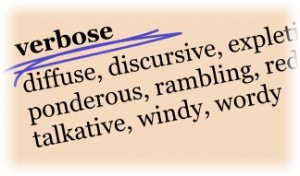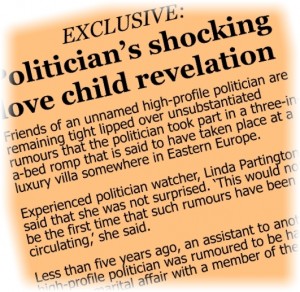 Outside KiwiStreet’s front door, ‘tis now, officially, the season to be electioneering.
Outside KiwiStreet’s front door, ‘tis now, officially, the season to be electioneering.
Up and down the motu, would-be Members of Parliament are scrambling to put their digitally-enhanced mug shots in front of us. They are also rehearsing their promises-writ-large – promises they probably hope they will never have to keep.
‘Vote Smith for a Better Tomorrow.’
And do I get a guarantee with that, Smithy?
Candidate Smith cycles through his box of carefully-learned facial expressions, pausing briefly on warmly-empathetic-with-not-a-hint-of-condescension.
‘My word is my bond. Depend, on me, on the Party. Working, tirelessly, moving forward. Reaching out, forging new agendas for a new era. A new reality. Difficult times, to be sure. No denying. Difficult conditions. Unforeseen circumstances. Perhaps even just around the corner.
‘If I may quote The Right Honourable Tony Blair:
“Crime, immigration, security, because of the emotions inevitably raised, the headlines that scream, the multiplicity of the problems, we desperately, urgently, need a rational debate from first principles.” *
I’ll take that as a no then, Smithy.
Actually, I do have a certain sympathy for today’s politicians. There are so many problems; so few credible solutions. And even where there is a credible solution, there is unlikely to be either the time or money to implement the solution properly.
But the politician’s cause is not helped by flabby speak.
Add to this the rise and rise of 24/7 media, and news-as-entertainment, and it’s understandable that many voters have little or no idea of what politicians are promising. Indeed, it seems there may already be a substantial group of electors who have simply closed their ears, preferring instead to make their choices on appearances alone.
For the small handful of poll-topping candidates who come across as ‘good company at a BBQ’, the beauty parade approach seems to be working out surprisingly well. But there are another three or four hundred candidates for whom that strategy is a non-starter. And I think what these other boys and girls need is a crash course in plain English.
With plain English, they can say what they need to say with clarity. And they can say it with brevity. And, if that’s not enough, plain English will help them express dependability in a way that flabby speak never can. – Jack Scrivano
* Tony Blair, 22 June, 2006
 Some of life’s more useful writing lessons are surprisingly simple.
Some of life’s more useful writing lessons are surprisingly simple.








